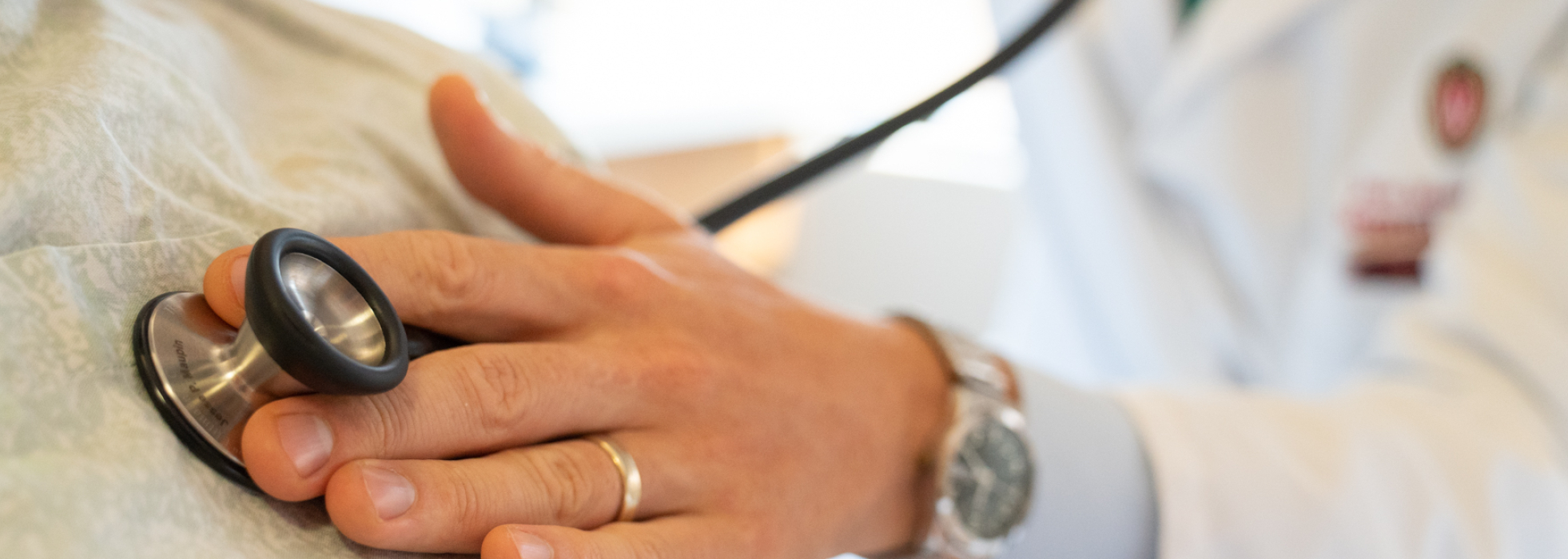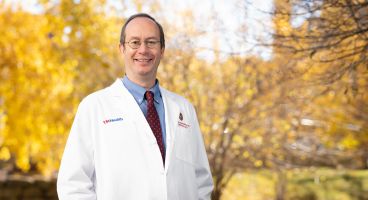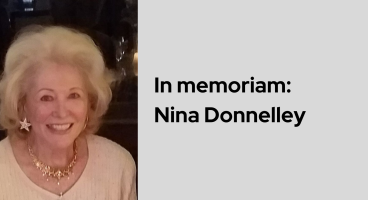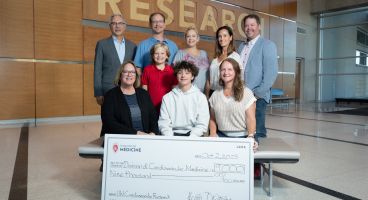New, Better Ways to Treat Disease and Promote Wellness
Your generous gift will help the Department of Medicine advance research initiatives that improve lives and train the next generation of physicians to provide outstanding, compassionate patient care.
To help advance the greatest needs of the department, consider making an online gift to the Department of Medicine Strategic Initiatives Fund.
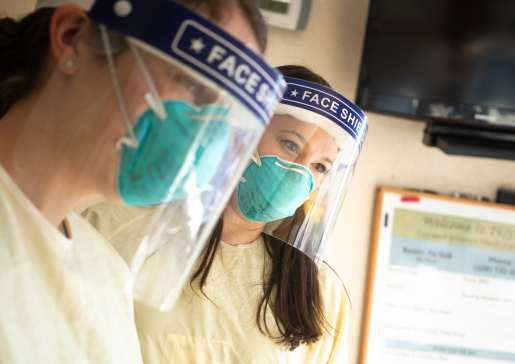
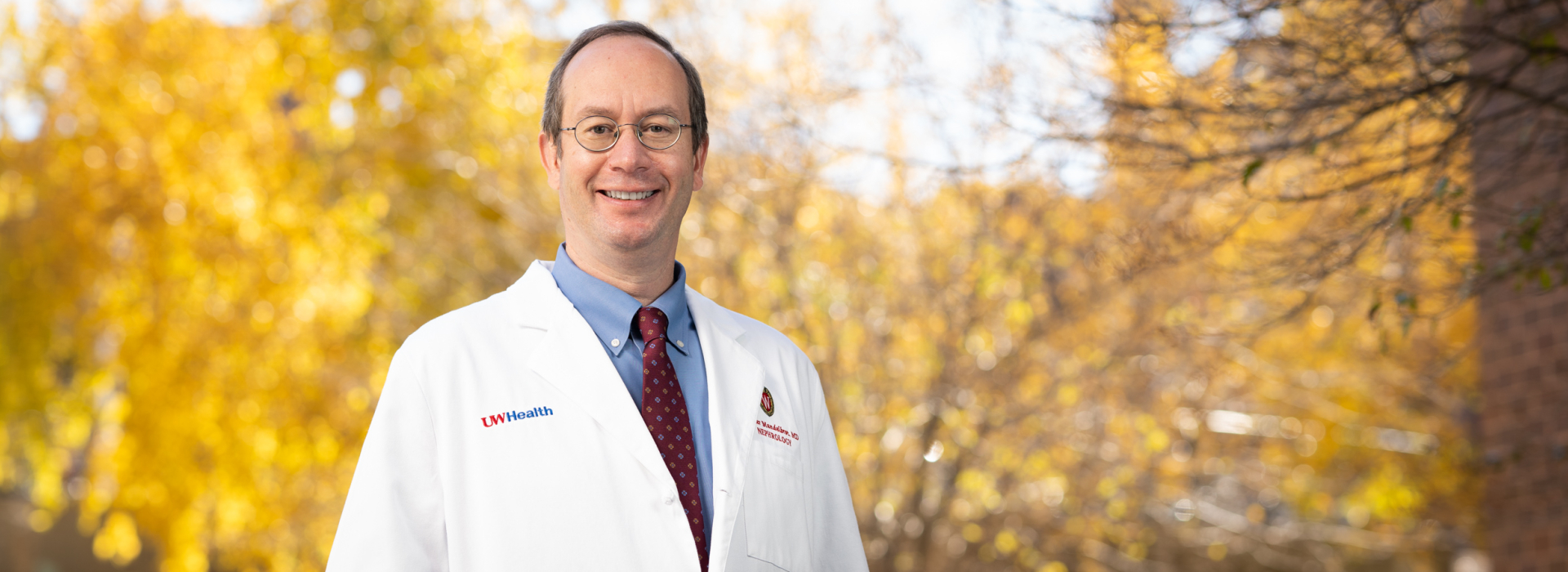

A Grateful Patient Boosts Transplant Medicine
Giving Opportunities
Gifts to programs within the UW Department of Medicine may be made through our philanthropic entity, the University of Wisconsin Foundation. Your gift is fully tax-deductible to the extent allowed by law.
To help advance the greatest needs of the department, consider making an online gift to the Department of Medicine Strategic Initiatives Fund.
To support research and education in areas that matter most to you, explore the funds below.
- Aging, Geriatrics, Alzheimer's Disease and Dementia
The Science of Aging Fund advances education and research in management of age-related conditions and diseases related to advanced age: Alzheimer's disease, transitional care, metabolism of aging, and dysphagia (swallowing).
Make an online gift to the Science of Aging Fund.
- Allergy, Asthma and Immunology
The Allergy and Immunology Research and Education Fund advances research and education in allergy, asthma, and immune deficiency disorders.
Make an online gift to the Allergy and Immunology Research and Education Fund.
- Cancer, Blood Diseases and Palliative Care
The Excellence in Hematology/Oncology Fund advances research and education in oncology (cancer), hematology (blood diseases), and palliative care (supportive care): chemotherapy, hormonal therapy, biological therapy, and targeted therapy; and acute and chronic leukemia, myeloma, lymphoma, and bone marrow diseases.
Make an online gift to the Excellence in Hematology/Oncology Fund.
- Diabetes and Endocrinology
The Excellence in Endocrinology, Diabetes and Metabolism Fund advances research and education in diabetes, obesity and endocrine disorders.
Make an online gift to the Excellence in Endocrinology, Diabetes and Metabolism Fund.
- Health Equity
The Department of Medicine’s Health Equity Fund supports the department's mission of advancing health for all patients and populations.
Make an online gift to the Health Equity Fund.
- Heart Disease
The Excellence in Cardiovascular Medicine Fund advances research and education in cardiovascular medicine: heart disease, arrhythmias (irregular heartbeats), heart and blood vessel biology, heart imaging, and heart failure.
Make an online gift to the Excellence in Cardiovascular Medicine Fund.
- Hospital Medicine
The Excellence in Hospital Medicine Fund supports advances in clinical and research programs that provide safe, effective and timely care for hospitalized patients.
Make an online gift to the Excellence in Hospital Medicine Fund.
- Infectious Disease
The Infectious Disease Fund for the Department of Medicine advances research and education in infectious diseases: transplant infectious disease, critical care and surgical infectious disease, HIV, hepatitis C, home infusion therapy, mycology, global health, travel medicine, antibiotic resistance, and COVID-19.
Make an online gift to the Infectious Disease Fund for the Department of Medicine.
- Kidney Disease
The Nephrology Fund for Excellence advances research and education in kidney disease: diabetes, high blood pressure, polycystic kidney disease, end-stage renal disease, and kidney transplant.
Make an online gift to the Nephrology Fund for Excellence.
- Liver and Digestive Disease
The UW Liver and Digestive Disease Center Fund Advances research and education in diseases of the stomach, intestines, and liver: small intestine malabsorption, colon cancer, inflammatory bowel disease, pancreatitis, disordered swallowing, irritable bowel syndrome, viral hepatitis, alcoholic liver disease, and liver transplant.
Make an online gift to the UW Liver and Digestive Disease Center Fund.
- Lung Disease
The Pulmonary Research and Education Fund advances research and education in diseases of the lungs: asthma, chronic obstructive pulmonary disease, cystic fibrosis, sleep disorders, interstitial lung disease, lung cancer, lung transplantation, infectious diseases of the lungs, and pulmonary vascular disease.
Make an online gift to the Pulmonary Research and Education Fund.
- Primary Care
The General Internal Medicine Greatest Needs Fund advances research and programs in primary care and general internal medicine: smoking cessation, research in health outcome differences, care of medically underserved populations, sleep apnea and hypertension, women's health, preventive medicine, psychosocial aspects of health care, and HIV care.
Make an online gift to the General Internal Medicine Greatest Needs Fund.
- Resident Education
The Internal Medicine Residency Program Endowment Fund in Honor of Bennett Vogelman advances the greatest needs of the internal medicine residency program. Named after Dr. Bennett Vogelman, the long-time program director who retired in 2020.
Make an online gift to the Internal Medicine Residency Program Endowment Fund in Honor of Bennett Vogelman.
- Rheumatology
The Rheumatology Fund for Excellence advances research and education in muscle, bone, ligament, and tendon diseases: autoimmune disorders, fibromyalgia, lupus erythematosus, osteoporosis, and rheumatoid arthritis.
Make an online gift to the Rheumatology Fund for Excellence.


A Program to Support Emerging Research
Make a Gift by Mail
To mail a gift, please download and print the PDF gift form, complete, and mail it with your check made payable to the University of Wisconsin Foundation to the address below:
University of Wisconsin Foundation
U.S. Bank Lockbox 78807
Milwaukee, WI 53278-0807
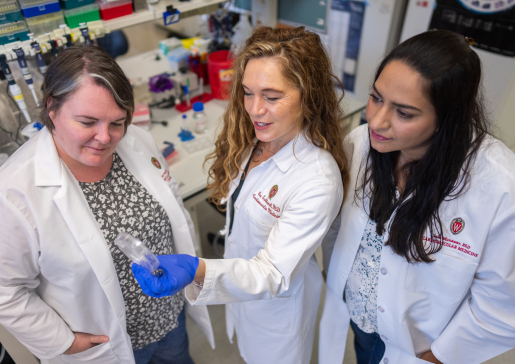
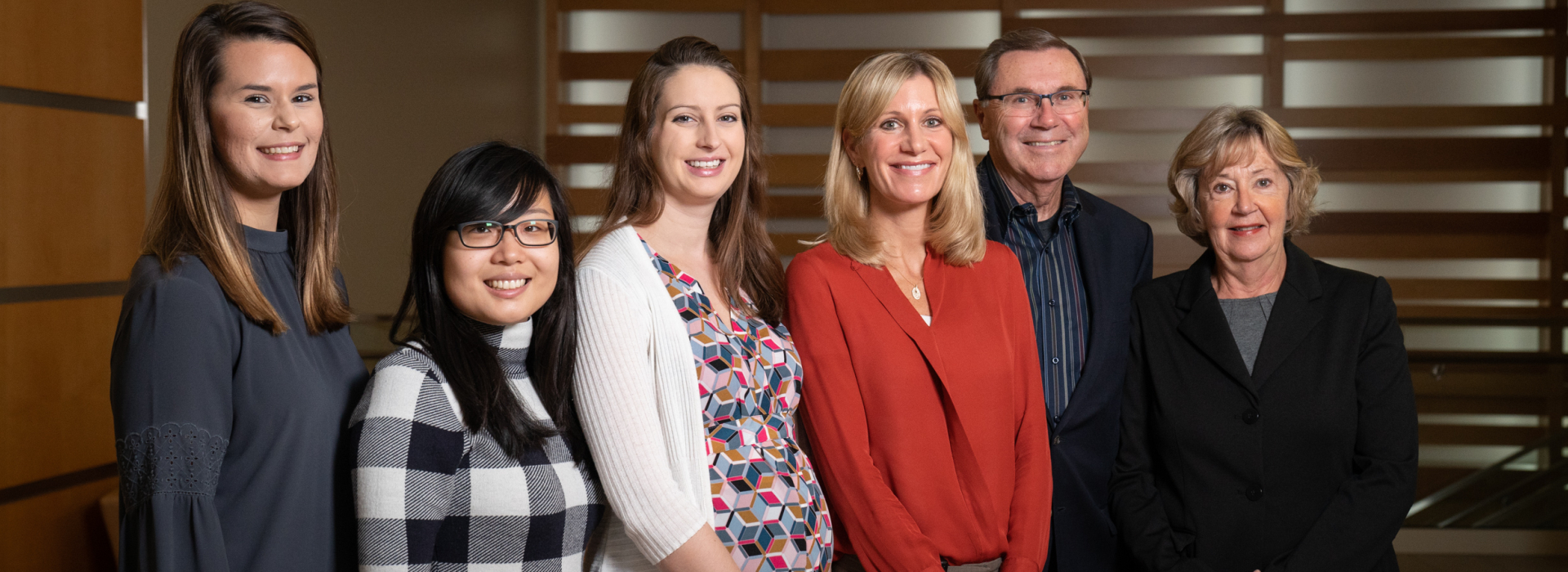

A Family Creates a Community Service Fund
Philanthropy News
Continue the Conversation
If you have any questions about making a financial contribution, or would like to discuss a planned gift, a tribute or memorial gift, or a named fund for the Department of Medicine, please contact our development team.
To learn more about our department, download our Guide to the Department of Medicine and our By the Numbers documents (PDF)
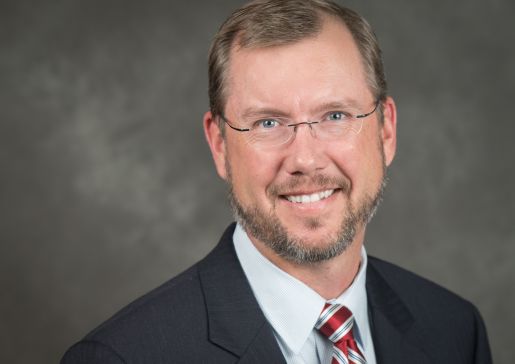
Senior Director of Development
608-354-9388
pete.schmeling@supportuw.org
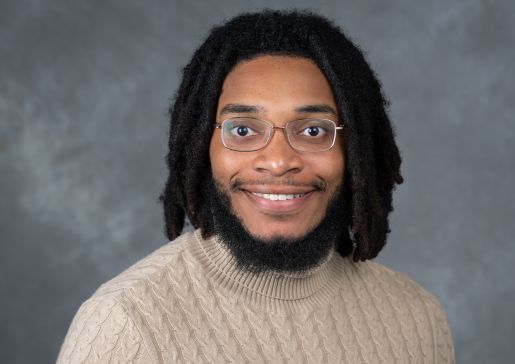
Director of Development
608-419-8100
deshawn.mckinney@supportuw.org
